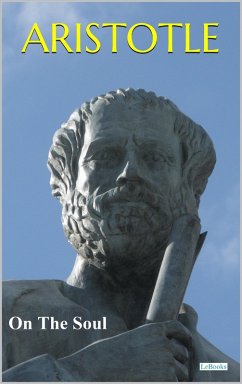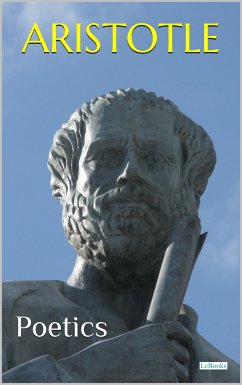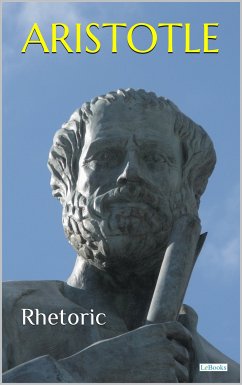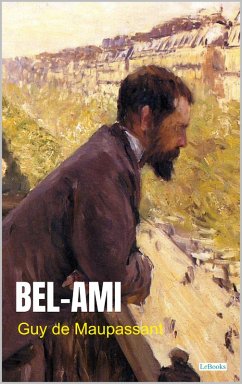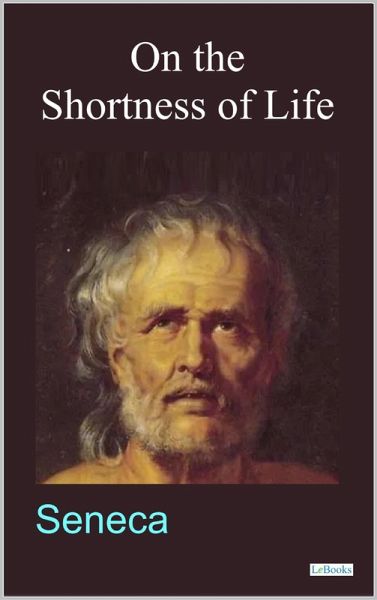
On the Shortness of Life (eBook, ePUB)

PAYBACK Punkte
0 °P sammeln!
On the Shortness of Life is a philosophical treatise by Lucius Annaeus Seneca that explores the nature of time, the human tendency to squander it, and the pursuit of a meaningful life. Seneca argues that life is not inherently short but rather wasted on trivial pursuits, distractions, and excessive ambition. Through his Stoic perspective, he emphasizes the importance of focusing on wisdom, self-reflection, and the cultivation of inner tranquility as the true measures of a well-lived life. Since its composition in the 1st century AD, On the Shortness of Life has remained a powerful meditation o...
On the Shortness of Life is a philosophical treatise by Lucius Annaeus Seneca that explores the nature of time, the human tendency to squander it, and the pursuit of a meaningful life. Seneca argues that life is not inherently short but rather wasted on trivial pursuits, distractions, and excessive ambition. Through his Stoic perspective, he emphasizes the importance of focusing on wisdom, self-reflection, and the cultivation of inner tranquility as the true measures of a well-lived life. Since its composition in the 1st century AD, On the Shortness of Life has remained a powerful meditation on time management and personal fulfillment. Its insights into the fleeting nature of existence and the dangers of external preoccupations continue to resonate with modern readers. Seneca's reflections challenge individuals to prioritize what truly matters, urging them to live with purpose rather than be consumed by the illusions of busyness and social expectation. The enduring relevance of the work lies in its call for intentional living and the rejection of superficial distractions. By examining the balance between duty, pleasure, and philosophical contemplation, Seneca invites readers to reclaim their time and shape their own destinies. His work serves as a timeless guide to self-awareness and the disciplined pursuit of a meaningful existence.
Dieser Download kann aus rechtlichen Gründen nur mit Rechnungsadresse in A, B, BG, CY, CZ, D, DK, EW, E, FIN, F, GR, H, IRL, I, LT, L, LR, M, NL, PL, P, R, S, SLO, SK ausgeliefert werden.






